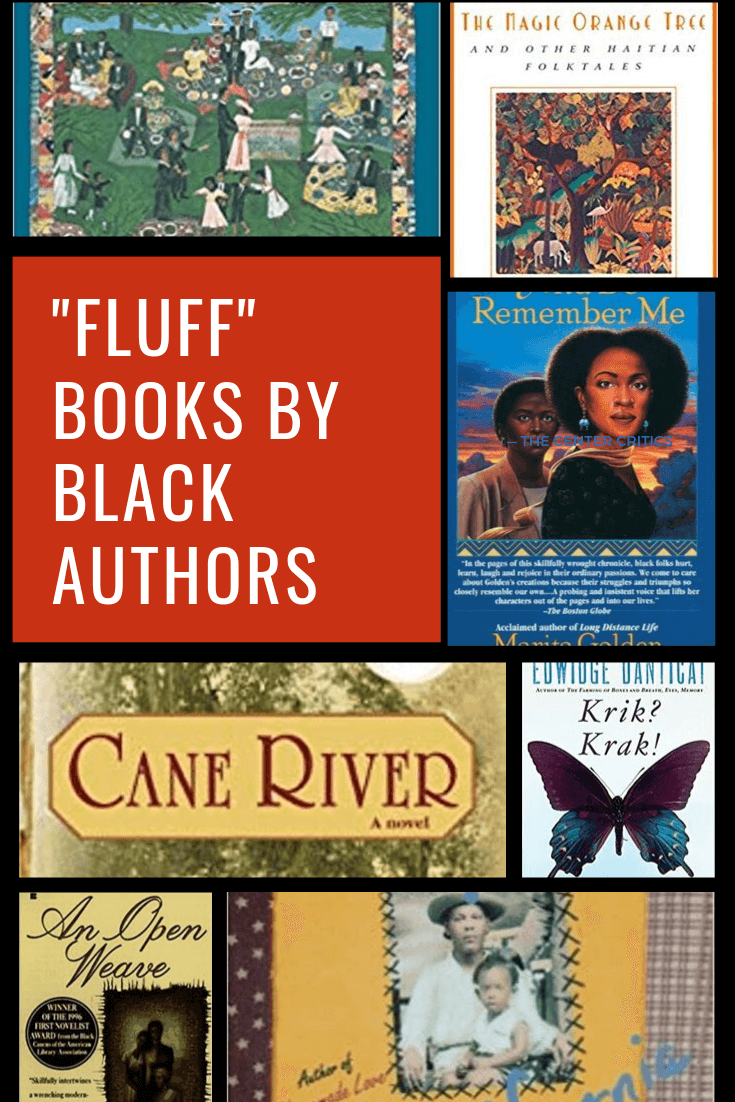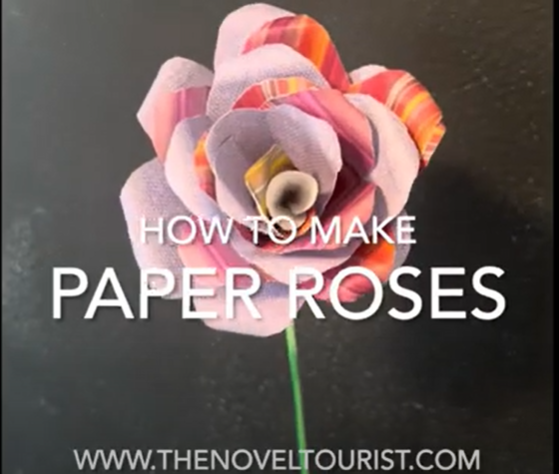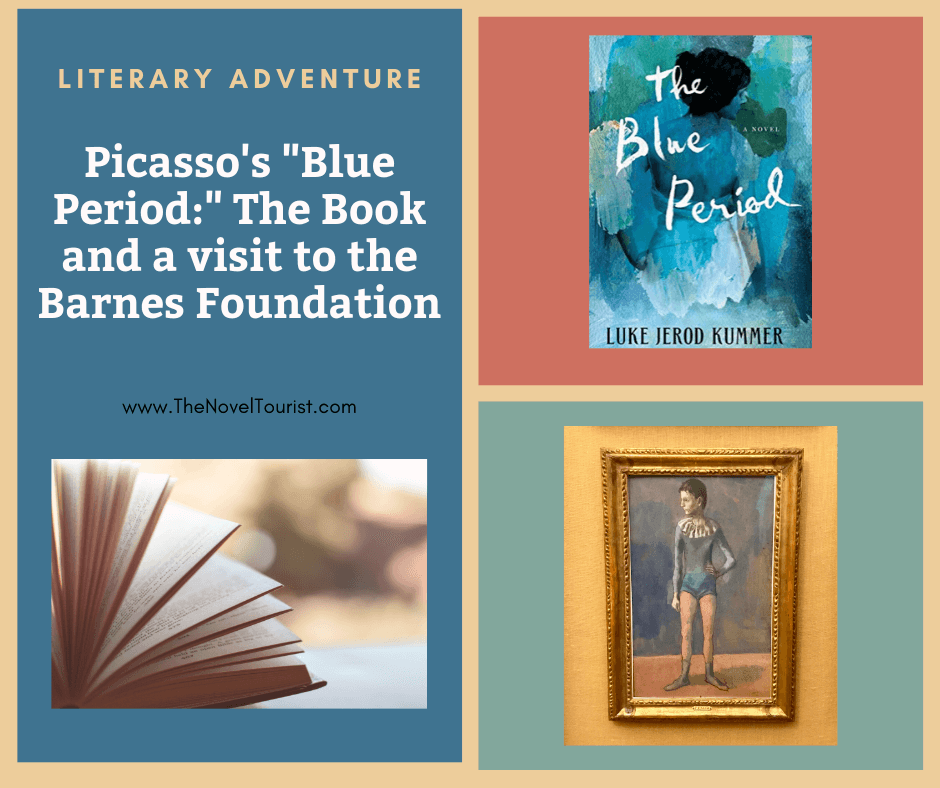Ask someone to recommend books written by a Black author and invariably the list will be limited to topics of race, racism and white privilege. My friend Ingrid Shepard, the Executive Director of The One Less Foundation, recently opined on this subject in a Facebook post, stating “I see this a lot and I shouldn’t…..Not every Black author is Toni Morrison, Bell Hooks, Roxanne Gay or Ta-Nehisi Coates, but all Black writers have a story to tell, that may (read: absolutely will) inform and widen your views on what it is to be Black, especially Black in America, if you’re reading a Black American writer.”
Read the “fluff” books from Black authors, too. We are more than the latest academic theory. And more than slave narratives.
Ms. Shepard’s point is, “if you really want to get a better understanding of who [Black people] are as humans (like you), you have to learn about us in entirety. Read the ‘fluff’ books from Black authors, too. We are more than the latest academic theory. And more than slave narratives.”
“I know lots of y’all non-melaninated folks are working on being anti-racist, and for lack of a better term ‘getting to know Black folks’ and you do a lot of reading. Reading is good,” Ingrid acknowledges. “But, let me tell you something. If the only things you read are academic journals, academic critiques on race, racism, white privilege, etc, you are woefully limiting your knowledge of Black people (and this matters when you don’t live in our culture and community and let’s face it 90% of y’all don’t), and you miss so much of [the] nuance that is us. You come to understand and see us only through a limited lens: our struggles, trauma and hardships. You miss seeing us as fully human, because your reading misses the everyday-ness that is us. We laugh, we kee-kee, we cry from laughter. We get scared, we love, we have families (some even have kids that do the darndest things), etc.”
“Read the ‘fluff,’ urges Ms. Shepard. “Read the poetry of the unacclaimed. Read the books that don’t make the Times bestseller’s list. Read the books by regular Black folks that just want to share a story – not fight oppression.”
By “fluff,” Ingrid doesn’t mean unimportant or trivial. I think Ingrid means the books that do not necessarily force you to analyze and dissect, so much as they let you experience the everyday-ness of a life or culture. The books that give you insight. Here are her suggestions to get you started.

15 Books by Black Authors
This post contains affiliate links which means if you click on a link and choose to make a purchase I may receive a commission at no additional cost to you. See our disclaimer for more information.
What Looks Like Crazy on an Ordinary Day
by Pearl Cleage

After a decade of elegant pleasures and luxe living with the Atlanta brothers and sisters with the best clothes and biggest dreams, Ava Johnson has temporarily returned home to Idlewild—her fabulous career and power plans smashed to bits by cold reality. But what she imagines to be the end is, instead, a beginning. Because, in the ten-plus years since Ava left, all the problems of the big city have come to roost in the sleepy North Michigan community whose ordinariness once drove her away; and she cannot turn her back on friends and family who sorely need her in the face of impending trouble and tragedy. Besides which, that one unthinkable, unmistakable thing is now happening to her: Ava Johnson is falling in love.
Tumbling
by Diane McKinney-Whetstone

Noon and Herbie are deeply in love and living in a tightly knit African American neighborhood in South Philadelphia during the 1940s. But their marriage remains unconsummated because of a horrible incident in Noon’s past, so each seeks comfort elsewhere: Noon in the warm acceptance of the neighborhood church; Herbie in the arms of Ethel, a jazz singer. Then one day an infant girl is left on their doorstep, and later Ethel blesses them with her five-year-old niece. Suddenly and unexpectedly a family, Herbie, Noon, and their two girls draw closer; until an outside threat reawakens a fire in Noon, causing her to rise up and fight to hold her family and her community together.
And Do Remember Me
by Marita Golden

In the exciting, yet frightening days of Freedom Summer in 1963, two very different African-American women meet, each to discover in the other an elegant completion of herself. Jessie, running from her sexually abusive father and distant mother, is a born actress. In the movement she discovers an unknown world of personal freedom that could shape her into an extraordinary talent or destroy her from within. Macon, beautiful, fearless, and brilliant, knows she is too good to settle for less than she’s worth, but her activism threatens the man she loves.
The Magic Orange Tree and Other Haitian Folktales
by Diane Wolkstein

When Diane Wolkstein, herself a well-known storyteller traveled throughout the Haitian countryside in search of stories, she harvested a rich collection of twenty-seven tales, each of which is illuminated by fascinating introductory notes. From orange trees growing at the command of a child to talking fish, these stories present us with a world of wonder, delight, and mystery.
With a foreword by Edwidge Danticat
Some Soul to Keep
by J. California Cooper

Exuberant and heart-warming, J. California Cooper is the embodiment of the simple folk tradition in black writing associated most often with Zora Neale Hurston and Langston Hughes. The author of seventeen plays and two novels, it is her stories of black family life in rural and small town America that have achieved the most acclaim and the broadest audience. SOME SOUL TO KEEP is amongst the finest and most enduring of her work.
J. California Cooper fans will also enjoy Family. This wise, beguiling, and beautiful novel set in the era of the Civil War paints a haunting portrait of a woman named Always and four generations of her African-American family
Krik? Krak!
by Edwidge Danticat

Examining the lives of ordinary Haitians, particularly those struggling to survive under the brutal Duvalier regime, Danticat illuminates the distance between people’s desires and the stifling reality of their lives. A profound mix of Catholicism and voodoo spirituality informs the tales, bestowing a mythic importance on people described in the opening story, “Children of the Sea,” as those “in this world whose names don’t matter to anyone but themselves.” The ceaseless grip of dictatorship often leads men to emotionally abandon their families, like the husband in “A Wall of Fire Rising,” who dreams of escaping in a neighbor’s hot-air balloon. The women exhibit more resilience, largely because of their insistence on finding meaning and solidarity through storytelling; but Danticat portrays these bonds with an honesty that shows that sisterhood, too, has its power plays. In the book’s final piece, “Epilogue: Women Like Us,” read more…
Cane River
by Lalita Tademy

Beginning with her great-great-great-great grandmother, a slave owned by a Creole family, Lalita Tademy chronicles four generations of strong, determined black women as they battle injustice to unite their family and forge success on their own terms. They are women whose lives begin in slavery, who weather the Civil War, and who grapple with contradictions of emancipation, Jim Crow, and the pre-Civil Rights South. As she peels back layers of racial and cultural attitudes, Tademy paints a remarkable picture of rural Louisiana and the resilient spirit of one unforgettable family.
Memory of Kin
by Mary Helen Washington

Critic, essayist, and anthologist Mary Helen Washington has chosen as the theme of her newest collection “the family as a living mystery.” She selected nineteen stories and twelve poems by some of this century’s leading black authors that oblige the reader to observe the complexities of the family in new and provocative ways.
Kinfolks
by Kristen Hunter Lattany

Now swinging on the far side of forty, best friends Patrice Barber and Cherry Hopkins came of age in the sixties, becoming single mothers by choice. So who would have dreamed that these two ex-revolutionaries would find themselves trying to compose a la-de-dah wedding invitation for their soon-to-be-married children?
But a shattering truth from their radical past is about to rear its head and alter the course of their lives, forcing Patrice and Cherry to hit the road on an urgent mission of forgiveness and compassion, of making amends and letting go. . . .
An Open Weave
by Devorah Major

Melodic and vibrant, this debut novel braids together three generations of an extended African-American family in which everyone is fiercely and uncompromisingly bound by love and loyalty. The story explores in particular the lives of the women in the family: Ernestine, the blind grandmother who weaves astonishing cloths; Iree, her epileptic and visionary daughter; Imani, Iree’s strong-willed and fast-talking teenage daughter; and Amanda, Imani’s shy best friend who is struggling to find her way.
Wading Home
by Rosalyn Story

When Hurricane Katrina hits New Orleans, chef and widower Simon Fortier knows how he plans to face the storm–riding it out inside his long-time home in the city’s Treme neighborhood, just as he has through so many storms before. But when the levees break and the city is torn apart, Simon disappears. His son, Julian, a celebrated jazz trumpeter, rushes home to a New Orleans he left years before to search for his father. As Julian crisscrosses the city, fearing the worst, he reconnects with Sylvia, Simon’s companion of many years; Parmenter, his father’s erstwhile business partner and one of the most successful restaurateurs in New Orleans; and Velmyra, the woman Julian left behind when he moved to New York. Julian’s search for Simon deepens as he finds himself drawn into the troubled history of Silver Creek, the extravagantly beautiful piece of land where his father grew up, and closer once again to Velmyra. As he tries to come to grips with his father’s likely fate, Julian slowly gains a deeper, richer understanding of his father and the city he loved so much, while unraveling the mysteries of Silver Creek.
Morning Haiku
by Sonia Sanchez

Sonia Sanchez’s collection of haiku celebrates the gifts of life and mourns the deaths of revered African American figures in the worlds of music, literature, art, and activism. In her verses, we hear the sounds of Max Roach “exploding in the universe,” the “blue hallelujahs” of the Philadelphia Murals, and the voice of Odetta “thundering out of the earth.” Sanchez sings the praises of contemporaries whose poetic alchemy turns “words into gems”: Maya Angelou, Richard Long, and Toni Morrison. And she pays homage to peace workers and civil rights activists from Rosa Parks and Congresswoman Shirley Chisholm to Brother Damu, founder of the National Black Environmental Justice Network. Often arranged in strings of twelve or more, the haiku flow one into the other in a steady song of commemoration. Sometimes deceptively simple, her lyrics hold a very powerful load of emotion and meaning.
Satin Doll
by Karen E. Quinones Miller

Bang! Being shot in the middle of the night and left for dead is what it took to open her eyes. Until that fateful moment, Regina Harris lived la vida loca with pimps and hustlers, a gangster lifestyle that supplied the money she needed to get high and forget the poverty of Harlem. Now she has turned her life around, is a college graduate and freelance journalist, and makes enough money to live on the Upper West Side and hob- nob with the city’s movers and shakers. She’s become the classy Satin Doll of the Duke Ellington song. But she can’t forget where she came from: her three best friends are from the old neighborhood.
The Harlem homegirls. Regina tries to give emotional support to each of her friends as they deal with their own personal issues: Yvonne is a single mother looking for the right man. Tamika must raise two children alone while their father does time in jail for robbery. Puddin’ lives her life by picking up men and smoking weed. Read more…
Save for later – Pin it.





Leave a Reply